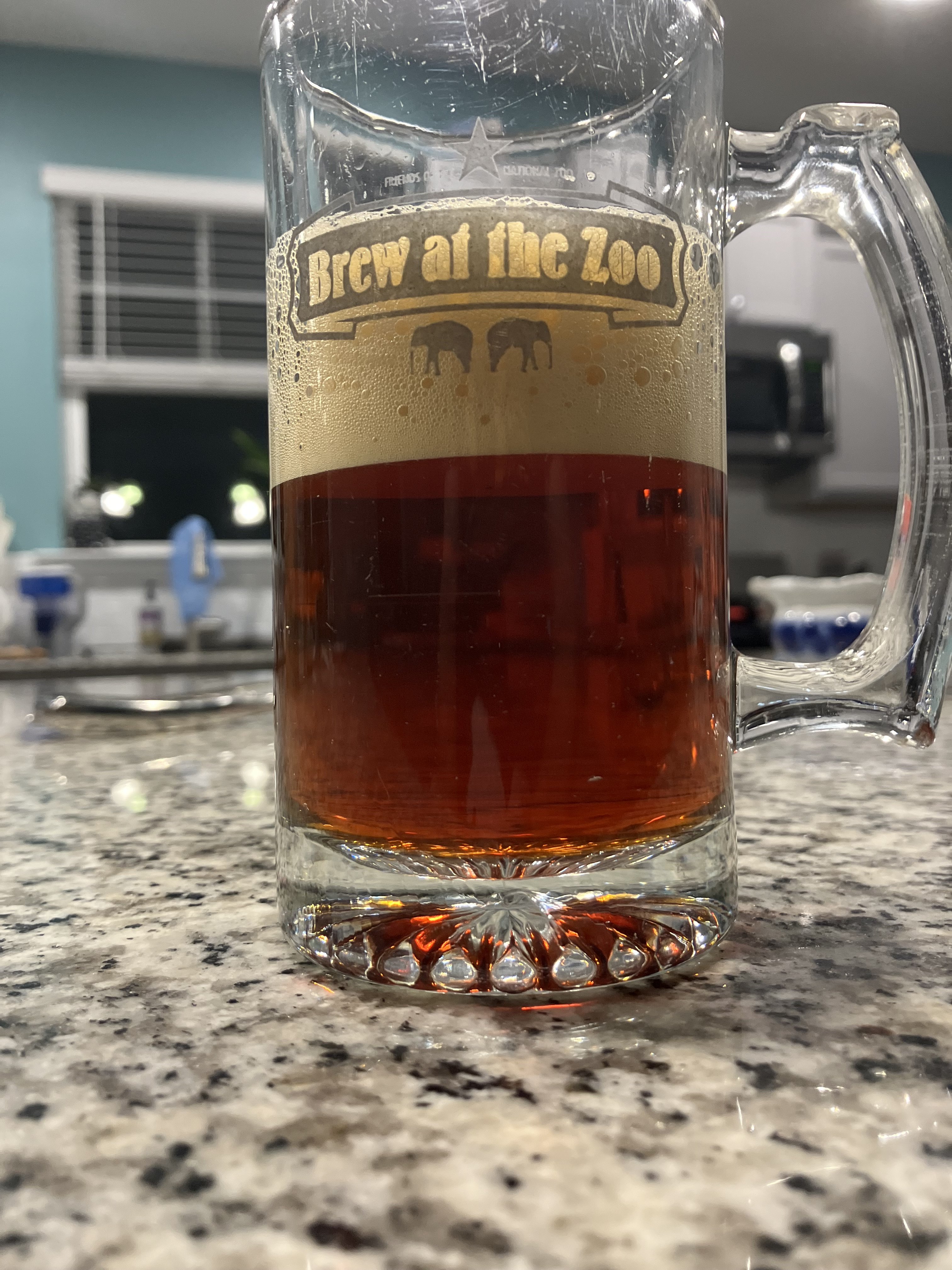MrFancyPlants
Well-Known Member
- Joined
- Mar 5, 2015
- Messages
- 703
- Reaction score
- 136
I realize that technically it may not be a mead with malt added, but if I were to say, add some c30 in with the honey and calculated the final gravity to be somewhere near where beer final gravity is per the abv would it drink more like a beer?
Would the malt contribution to the gravity be able to balance some hop bitterness?
thanks!
Would the malt contribution to the gravity be able to balance some hop bitterness?
thanks!




